Circular 29 has been in effect for more than 2 months. Most localities, society, and schools agree and are determined to seriously and effectively implement the circular of the Ministry of Education and Training. However, there are still doubts about its sustainability, especially the legality of Circular 29 which has not been seriously and synchronously implemented.
Circular 29 on extra-curricular tutoring (TTT) in general education can be considered a feasible and progressive administrative measure, a standard breakthrough, to restore order in TTT activities, which are currently widespread and negative in many schools. The Circular has opened a new stage for educational development, decisive, timely and promising to completely resolve the current painful situation of TTT.
 |
Students take the 10th grade entrance exam in 2024 in Hanoi. Photo: Nhu Y |
Media is not strong enough to change perception
The media needs to act as a bridge between Circular 29 and the school community as well as the entire population. This will help society stay updated on educational innovation policies and teaching and learning innovations.
We do not ban DTHT but are taking strong measures to put it in order so that schools can manage it. Students can still attend extra classes at DTHT facilities outside of school, but must pay fees according to the agreement.
Extra teaching is a supplementary activity to regular teaching. Teachers cannot have "one leg longer than the other", paying more attention to extra teaching and neglecting regular teaching. They even make unwritten rules, forcing students to go to class or home for extra teaching.
 |
Dr. Dang Tu An - Director of Vietnam Education Innovation Support Fund, former Director of Primary Education Department, Ministry of Education and Training. |
Extra study is necessary to learn how to study, self-study methods, life skills and physical training skills, in order to develop people in harmony with beneficial emotions. In particular, students soon become people who know how to live ethically, happily, healthily and civilly.
Most of the extra classes nowadays are to learn more knowledge and practice skills in the main lesson content. This is wrong with the goal of innovation, which is that learners must be trained to develop comprehensively as well as to awaken their existing abilities.
Parents contribute money for their children to study extra classes in the hope that their children will pass the exams and get high scores. It is sad that some parents do not consider extra classes as a big issue related to their children's future development, and even consider it a "legitimate investment".
Many families, parents save money to send their children to extra classes, hoping that their children will pass exams and achieve high results. That is true, but they are not people who know how to spend money wisely. They need to invest in their children to learn more life skills, participate in literary clubs, arts or applied technology, things that their children like, to be people who spend money meaningfully and "correctly".
Due to incorrect and incomplete awareness, it is normal for wrong actions or mistakes to occur. DTHT activities have been tightened and have gradually changed. Perhaps because most of them have to comply with state regulations, not really changing the awareness of all schools and localities.
There are still localities that have not developed plans to implement the circular and are hesitant to do so. There are still individual schools and teachers who are still secretly teaching extra classes in various ways, not publicly.
Obstacles of the "drum beats one way, trumpet blows the other" type
Opening specialized schools or gifted schools (teaching culture) in primary and secondary schools, whether they are opened in universities or high schools, violates Article 62 of the Education Law.
Article 38 of the Education Law also does not stipulate that universities are allowed to teach students in general education schools.
We believe that when education has quality formal lessons, informal learning will disappear by itself, and then every parent and the whole society will realize that informal learning will no longer have any practical value.
The situation of opening specialized schools, gifted schools or high-quality schools in a massive manner, in many places, is inappropriate. Because, when enrolling students in "key" schools, they must have advanced exams, which means they have to take extra classes, improve their knowledge, and hope to solve exams at a level of difficulty, much higher than the level of testing and evaluation of regular studies.
Even more inappropriate, schools that open in violation of the above Law, with a very wide range of enrollment targets, sometimes the whole country or the whole region, continue to promote or advocate DTHT.
 |
The tough transfer exams are also one of the reasons leading to extra classes and tutoring. Photo: Nhu Y |
An extreme education expert said that banning the opening of specialized schools and selective classes would ban DTHT. If the examination reform is delayed, if not the need to revolutionize the examination system soon, then this situation will continue to hinder the effectiveness of Circular 29.
The exam for the general public should remove difficult questions, like a riddle for candidates. Mathematics professor Do Duc Thai tells a true story that makes you laugh "to tears". It is the story of three mathematics professors who could not solve a question in the 2024 high school graduation exam, for the entire session.
We cannot, in order to find a few candidates with perfect scores, affect tens of thousands, millions of students who have to go to DTHT classes to gain advanced knowledge, to take exams with "tricky" questions.
The gifted student exams and entrance exams or graduation exams need to be reformed, even the competency assessment exam requires candidates to go through the DTHT gate to be able to take the exam. I think that in addition to Circular 29, there should be more effective supporting documents. If we look at it broadly, this is a systemic cultural and educational issue. To change, we need to evaluate the implementation of the program, the exam method, and change the awareness of parents and society.
Traditional habits and self-interest
Placing emphasis on scores, having the disease of fake achievements or using knowledge, academics, and books as a measure to classify students, has existed since ancient times, and is a tradition of Confucianism in Eastern countries. This conservative habit slows down, reduces, if not hinders the effectiveness of Circular 29.
The recent passion for DTHT has put students under great pressure. Some teachers do not want to do new and difficult tasks, which are teaching to develop students' qualities and abilities.
The idea of “learning to take the test” rather than “learning to know” has reduced the quality of formal education. Many parents and students are more concerned with grades than with ability, so they take extra classes to solve test sets, practice test-solving techniques, and familiarize themselves with old test questions… instead of truly understanding the nature of the knowledge they need to learn.
In many Asian countries, exams are still the only “gateway” to advancement, especially to enter specialized schools and top universities. This creates the mentality of “not taking extra classes means losing out”, following the “crowd” and the winning and losing mentality of “comparing your child to other people’s children”.
In addition, the mentality that “extra classes are good for children” has been deeply ingrained in society. Considering good study is the pride of the whole family and clan, parents always want to invest the most in studying. Therefore, the reason for the real need of parents and students for their children to take extra classes is real and still very large. Many parents want their children to study well and pass the entrance exam to any school, so they voluntarily go to extra classes, even when not forced.
Everyone has the habit of personal gain, because it is human instinct. Teachers are also human but there is something more strict: the profession chooses people and not everyone has the honor of standing in front of the young generation, teaching them to become people.
Extra teaching focuses on teaching knowledge and some teachers consider this as their main source of income, leading to negative extra teaching, all for money. For a long time, teachers' salaries, especially in high school, were limited, low compared to the labor they put in. Extra teaching is a secondary but stable source of income, so many teachers still find ways to open their own classes, sometimes secretly, finding ways to "suggest" or force students to take extra classes.
Circular 29, which regulates private tutoring, still only addresses the surface of the problem. When the pressure of studying is still high, exams still focus on scores, teachers’ incomes are still low, and parents are still afraid that their children will lose to their friends, private tutoring will still have a place to live and it will only change from public to secret, simmering or transformed in many different ways. Solving this situation can only change awareness, increase inspection and supervision to reduce the burden of private tutoring in schools.
Dr. DANG TU AN - Director of Vietnam Education Innovation Support Fund, former Director of Primary Education Department, Ministry of Education and Training.
Source: https://tienphong.vn/tri-tan-goc-day-them-hoc-them-tieu-cuc-giai-phap-dong-bo-post1739980.tpo


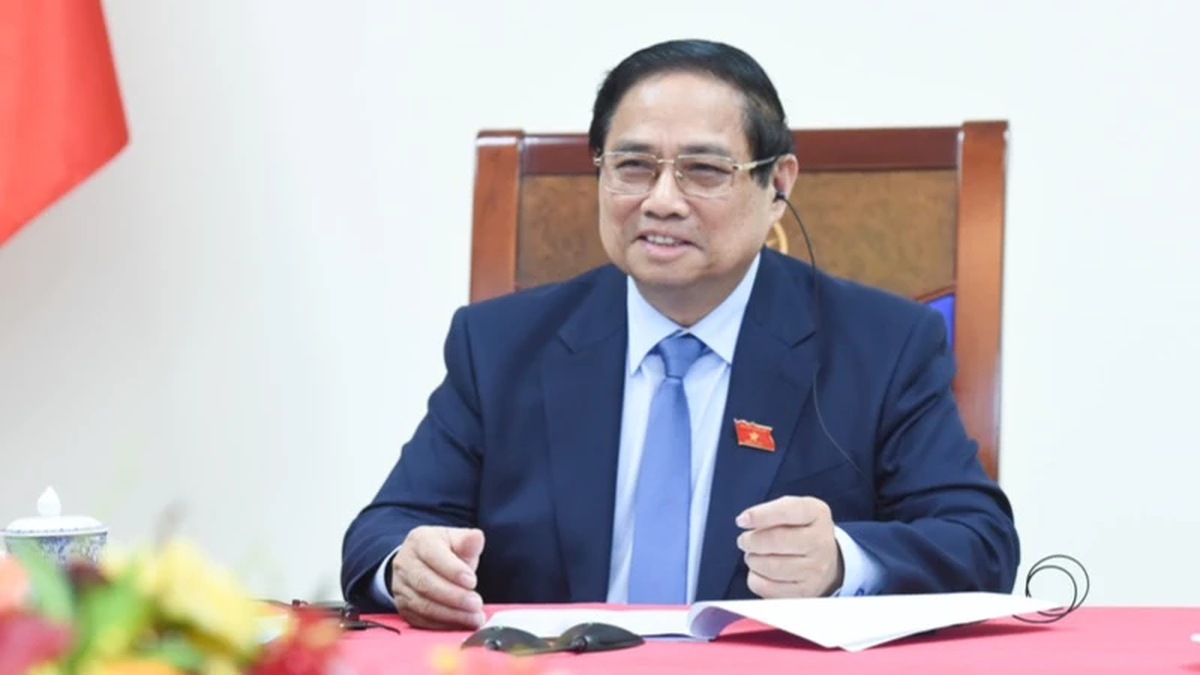
![[Photo] General Secretary concludes visit to Azerbaijan, departs for visit to Russian Federation](https://vphoto.vietnam.vn/thumb/1200x675/vietnam/resource/IMAGE/2025/5/8/7a135ad280314b66917ad278ce0e26fa)

![[Photo] President Luong Cuong presents the decision to appoint Deputy Head of the Office of the President](https://vphoto.vietnam.vn/thumb/1200x675/vietnam/resource/IMAGE/2025/5/8/501f8ee192f3476ab9f7579c57b423ad)
![[Photo] National Assembly Chairman Tran Thanh Man chairs the meeting of the Subcommittee on Documents of the First National Assembly Party Congress](https://vphoto.vietnam.vn/thumb/1200x675/vietnam/resource/IMAGE/2025/5/8/72b19a73d94a4affab411fd8c87f4f8d)
![[Photo] Prime Minister Pham Minh Chinh meets with the Policy Advisory Council on Private Economic Development](https://vphoto.vietnam.vn/thumb/1200x675/vietnam/resource/IMAGE/2025/5/8/387da60b85cc489ab2aed8442fc3b14a)
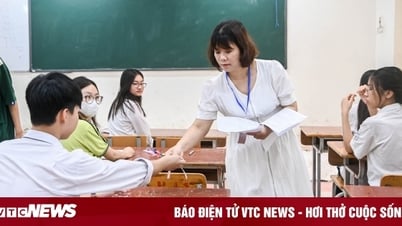
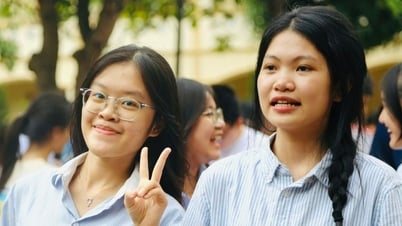
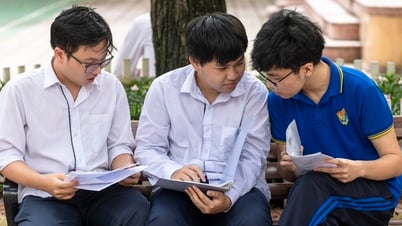
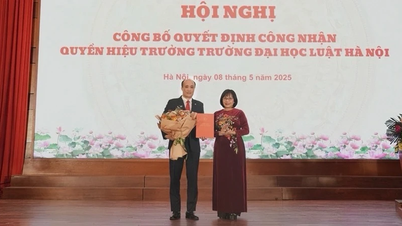
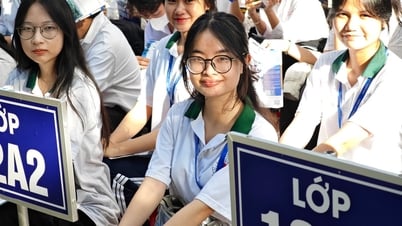





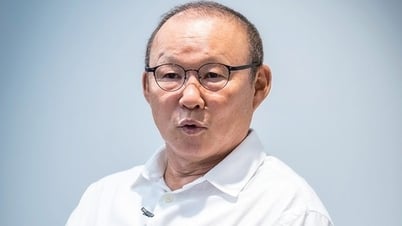


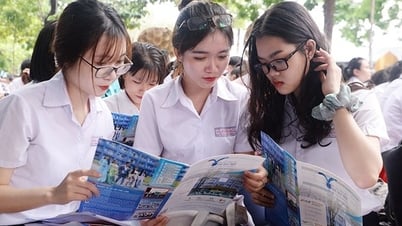
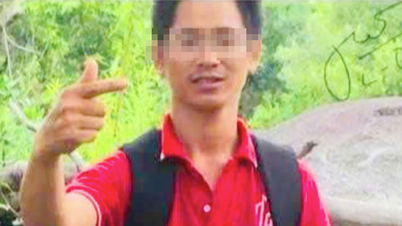
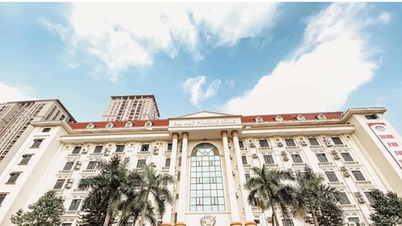

































![[Photo] Prime Minister Pham Minh Chinh talks on the phone with Singaporean Prime Minister Lawrence Wong](https://vphoto.vietnam.vn/thumb/402x226/vietnam/resource/IMAGE/2025/5/8/e2eab082d9bc4fc4a360b28fa0ab94de)













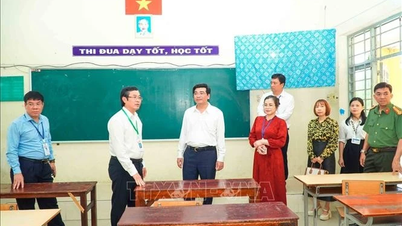

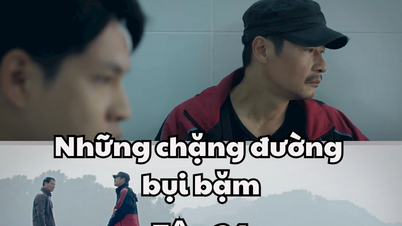

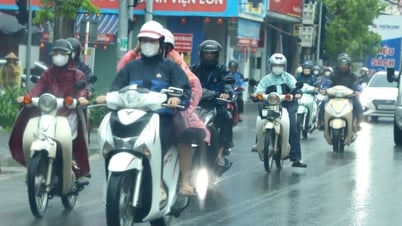
















Comment (0)